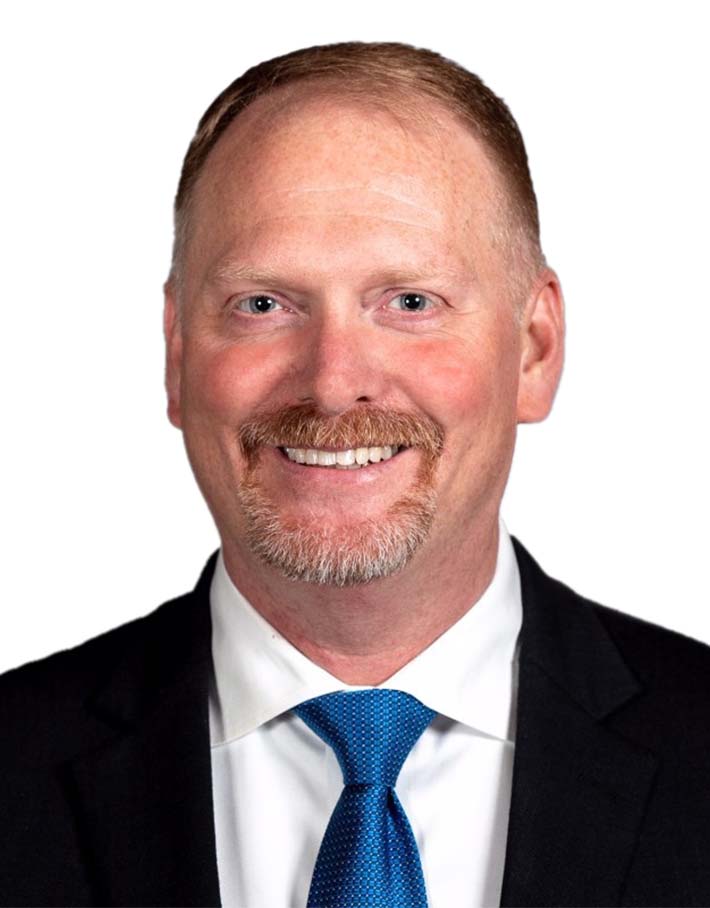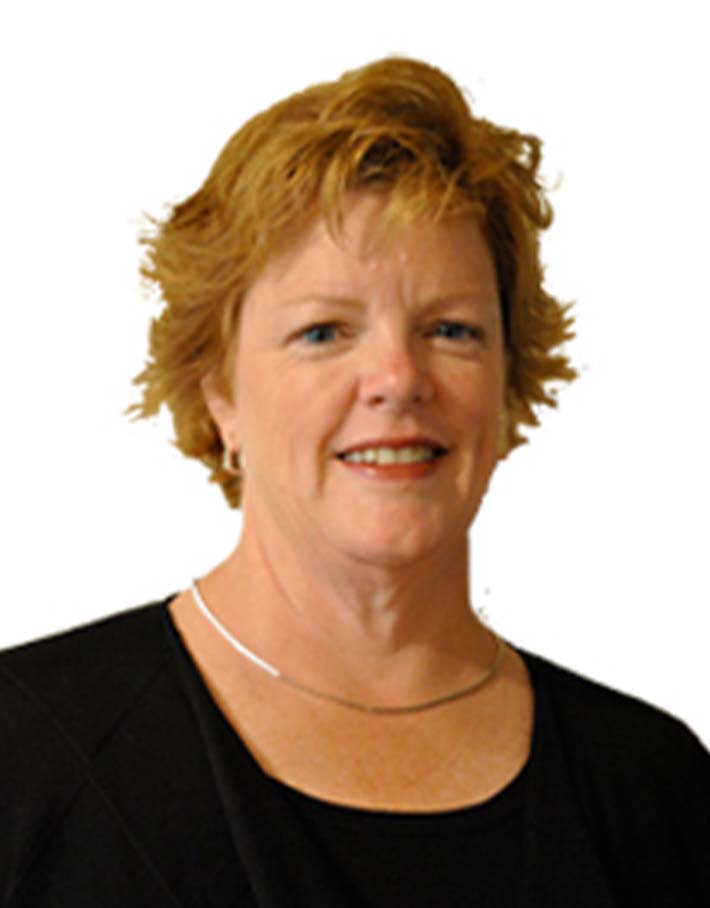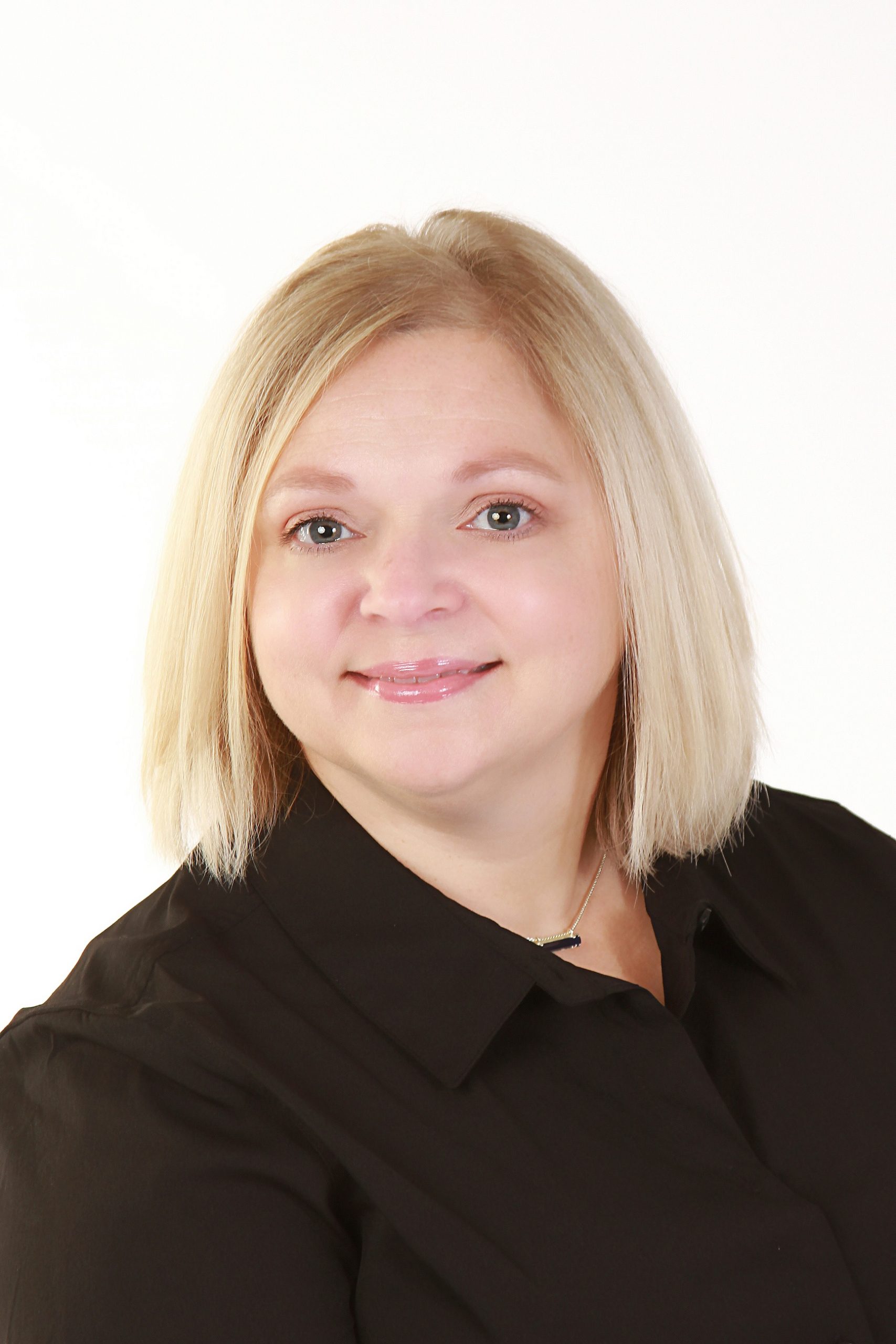The Great Resignation – What It Means For Compliance
By Ed Wegener, Molly Bryson and Candy Palugi
Subscribe to our original industry insights
One trend in the financial services industry that we’ve seen recently is a significant increase in turnover in Compliance staff. Firms have challenges in quickly filling those roles. This Oyster Stew podcast discusses this trend and what firms can do in order to mitigate the risks associated with this type of turnover.
Transcript
Transcript provided by Temi transcript services
Ed Wegener: Hello everyone. I am Ed Wegener and I’m the head of Governance, Risk and Compliance at Oyster Consulting. One of the things that we like to do at Oyster is to keep track of trends that are going on in the industry, especially those that have a significant impact on our clients. These can be regulatory issues, business trends, things going on in the external environment, but all things that need to be navigated by our clients for them to be able to effectively meet their objectives. One trend that we’ve seen recently is a significant increase in turnover in compliance staff. And on top of that, we’ve seen firms that have been having challenges in quickly filling those roles. So we wanted to discuss this trend and discuss what firms can do in order to mitigate the risks associated with this type of turnover. And so with me, I’m very fortunate to have Molly Bryson from our Business Development Group and Candy Palugi, a Senior Consultant in Oyster’s Governance, Risk and Compliance practice. So welcome both of you. Molly, why don’t we start with you? Can you talk a little bit about what we’ve been seeing at our clients?
Molly Bryson: Sure. Thanks Ed. Like you said, there’s been a pretty high level of turnover in compliance, and this has been something that we’ve been seeing, not just for the past few months, but for the past several months. In addition to the turnover, it’s taking firms a lot longer to fill the positions with the right people, because while the work from home scenario has opened up a larger base for firms to be able to hire on the other side of that, it’s also opened a much larger base for individuals who have this expertise to choose which firm they want to work with. And also the ability to work remotely has been something that, I think, a lot of firms would like to see people in a hybrid situation coming in a few days a week, working from home some other days, firms that have said, we want everybody in the office. We’ve heard some people say that they’ve turned down positions for that reason. So it’s interesting the challenges that firms are facing in the hiring process. Once people get there, then you’ve got to have some time to get them trained and up to speed on that firm. So there have definitely been some holes in some of the more regular functions and compliance departments.
Ed Wegener: And these are critical positions all the way up to the chief compliance officer. What kind of impact is this kind of turnover having on our firms, on our clients?
Molly Bryson: Well, the things that are just the routine functions are they’re critical, as you said. But they’re also those people doing new account reviews, people doing trade reviews, the marketing and advertising review process, licensing registration, even the email review process has been impacted because what’s happening is people are shifting in their positions. If you’re replacing a CCO, obviously that is a tremendous effort. But if you’re losing some of the folks who are taking on these other functions, firms are scrambling to try and shift staff around and spread the work and move people into, maybe what’s a new position for them, then they’ve got to train them. So it’s absolutely impacting people’s ability to complete these in a timely manner. For sure.
Ed Wegener: Yeah. And that can be particularly challenging because what can happen is as you shift work and you give work to people who probably already have full plates, it can cause additional engagement issues and could lead to further turnover, which would just exacerbate the problem. And so it’s important that firms get ahead of this and try to address issues as early as possible and anticipate. Candy you’ve been in compliance related roles, several of them. What are some of the things that you think that firms can do, and senior people in compliance can do, to manage and mitigate the impact of this kind of turnover?
Candy Palugi: Yes. Thanks Ed. I think there are a few things that firms can do to try to manage this. And like you said, mitigate it possibly before it happens. One thing is to do just that, think about it before it happens. Retention of your good employees, especially in your key roles is the best mitigation. In my opinion, the workforce has changed as Molly was saying, probably in the last five years, especially in the last couple of years, it has changed. More people are looking at that work life balance. A lot of people are enjoying the remote environment. And I think even without what COVID has shown us with the remote environment, the younger generations entering the workforce, work life balance is very important to them. It’s just kind of a lifestyle that they’ve picked up and something that they’re looking at. It’s very important to them when they’re looking at a company to join for their career.
So I think firms should consider that flexibility. I think they should also show their employees that their work is valued. I think that’s one of the most important things that companies can do. People who feel like they actually have a say and that they’re appreciated for the hard work that they’re doing, I think are more happy with their role and less likely to be looking to go elsewhere and start over. And I think that the COVID era has shown us that remote work does work. I think that’s one of the things that has allowed a lot of firms who are maybe hesitant of that to see that it can work and you can still be productive, maybe sometimes more productive. So I think firms should embrace that and use it to their advantage. I think they’ll have a better pool of employees to choose from.
Another thing they can do is to identify those priority roles and take a look at them. See are they solid? You know have some candid conversations with the employees in those key roles, see what their morale is, what kind of goals they have for their careers, and is the firm supporting those goals, help them be engaged in larger projects and kind of play to their strengths. What are they interested in doing for your firm? I think that helps keep an engaged employee happy, but also in the event it happens, which it will. Turnover will happen. Firms should have a contingency plan for that. I think one of the things they can do is ensure that the processes that they have in their company, especially for these specific ones are formalized. That they’re in writing, that they can be turned over and continued seamlessly without things falling through the cracks, if that turnover does happen. And then also have a plan for what are you going to do if one of these key roles turns over. To have some interim fulfillment of those duties, do you have a plan? Do you have companies that you’re engaged with that can assist you quickly in those instances?
Ed Wegener: You know that that’s so true, Candy and I think it’s great advice. I think the best-case scenario is that you avoid turnover altogether, and you have a much better chance of that when you’re touching base with your employees, seeing how things are going, understand what it is they need, making sure that you’re providing them the support they need. And you mentioned something that that’s critical, is make people feel valued. You don’t want to understand the value of that employee after they’ve left, right? You want to do it beforehand and have an opportunity just to show that the work that they do is critical. Because it will be critical when they leave, and you’ve got to get that role filled. And it’s tough because the regulators will understand that there’s turnover and there’s some of their time that needs to adjust when there is that kind of turnover.
But it’s very difficult. Like you had mentioned Molly, it’s not just hiring someone, which takes a long time. It’s hiring and then get getting them up to speed. And if you’re losing a long tenured employee that has a lot of institutional knowledge, that all goes out the door when they leave. And that can be very challenging. So to your point, Candy, about identifying where your real critical people are, that’s one group of people to look for. Who’s been here for a long time and really knows the things that are critical to the compliance program. So all those things are terrific. But then as you mentioned, having a plan for when these types of things happen and they’re inevitably they’re going to happen. Turnover is just a natural part of the environment. And Molly, what are some of the things that we’ve seen where Oyster can help out our clients who may be experiencing compliance turnover?
Molly Bryson: Well, just sort of jumping on one of the things that Candy pointed out, is the morale of the team is so important. And you’re going to lose associates. There’s no way around that. That’s always been the case, but one way to keep the morale up that we’ve been able to help with is when you put a consultant in place who is an experienced industry consultant, who can jump literally, right in, understands the entire process, what it’s for, what impacts it has, that’s much faster than bringing somebody in from potentially a staffing agency. And so the expertise that comes with that can really get somebody up and carrying the weight of that missing team member for whatever interim period is needed. And sometimes they’ll, as I mentioned before, still shift some of the responsibilities around within the department.
And a lot of times firms will actually ask us, what are we seeing in other firms? How are they structured or we’ll just bring some of what we’ve seen as best practices as we can, as firms take this opportunity potentially to outsource a function entirely, potentially forever, maybe let email review go out to somebody else, maybe licensing registration, any number of these things. So it’s really the ability to work with them, sort of do an assessment of where they are, and where they believe they’re going. And a lot of times we can bring in that sort of strategic consulting as well to help, as well as filling in the interim pieces. Another piece that gets lost in this is not just necessarily somebody in a day to day compliance function, but when you have new regulation in the industry, a lot of times firms will focus a person or people on that new regulation.
How is it going to impact the firm? What new steps do they need to take, technology do they need to consider? And if they lose some of those people as well, that’s also a pretty big impact. So we have been able to take our teams who are quite strong around the DOL, PTE around Reg BI and other related new industry regulation to step in and help firms take that on. Whether it be taking them through the whole process of how are they going to handle it and implement it or doing what’s already in place for them because they need that expertise. And then lastly, I would just mention that we’ve worked with a few firms to implement some compliance software. Oyster has its own software, but there are others out there as well, and that has helped firms create efficiencies and appropriate balances to the folks in the compliance department who are doing these functions. So that one person’s not overloaded versus another. And so stepping back and taking a look at that, sort of doing a current state assessment of your department and is it running in the right way. So an interim assistance to fill in the holes, outsource the function entirely, provide training is needed on new regulation. And then think about a new operating model if needed, or how do you get through the center room. And some compliance software can be helpful for that too.
Ed Wegener: Excellent. Candy, you had some thoughts.
Candy Palugi: Yeah, kind of piggybacking on some of the things Molly said as far as outsourcing certain items or certain roles. Another important thing, I think, as far as mitigating is when you have things come into play like these new major rules or changes in regulation or a change to your business, some new integration or mergers as such, those type items tend to really overwhelm some of your key personnel as they’re trying to continue with their current role, as well as get involved and ensure that those things happen. And I think that’s a good opportunity when things like that come up, to prevent burnout as well as ensure everything is handled at the capacity it needs to be handled is maybe in instances like that, consider hiring a consultant for some of this routine. And for this routine stuff that your officers need to handle, let a firm like ours do that for you. So that all of the focus can be on these new integrations or mergers, or what have you, without your employees being overwhelmed and feeling like they really can’t do a good job at any of it. They’re just barely getting through. I think that could be a big help on some of these firms.
Ed Wegener: Yeah. And that kind of goes to the earlier comment that you made, in terms of employee engagement up front, it’s because that burnout is one big factor that leads to turnover. And so the more you can lessen that burnout the better. And being able to plan for that and understand that it’s going to happen and start strategically planning. How do you lessen that? How do you mitigate it? And then, what plans do you have in the event that it happens? And I think those are all things that we can help clients out with. But at the end of the day, whether you do it with the assistance of a consultant, or you do it on your own, those are really important things to be considering and planning for now, before it happens. Because once it happens, then you’re under the gun.
You know, one of the things that’s closely related to this is having succession planning and I know a number of colleagues who have been fortunate enough to finish out their careers and move on to retirement. If you’re a senior person in compliance and you’re reaching that point, that’s not the time for firms to start thinking, oh, who should we get to replace this person? They should be thinking about that well in advance and knowing, what their plan is to train people, to take over those roles, to make sure that they’re identifying the right people. To the extent that they want to look outside to start that process early, so that they’re prepared when it happens. But succession planning is another key part to mitigate that risk of turnover and losing key staff. So now I think all of those things are terrific pieces of advice, for clients and firms in the financial services industry. I really appreciate your input. And we’re always here in case you need us, so we’re only a phone call away. Thank you both, Molly and Candy. Appreciate it.
Candy Palugi: Thank you, Ed. Happy to be here.





